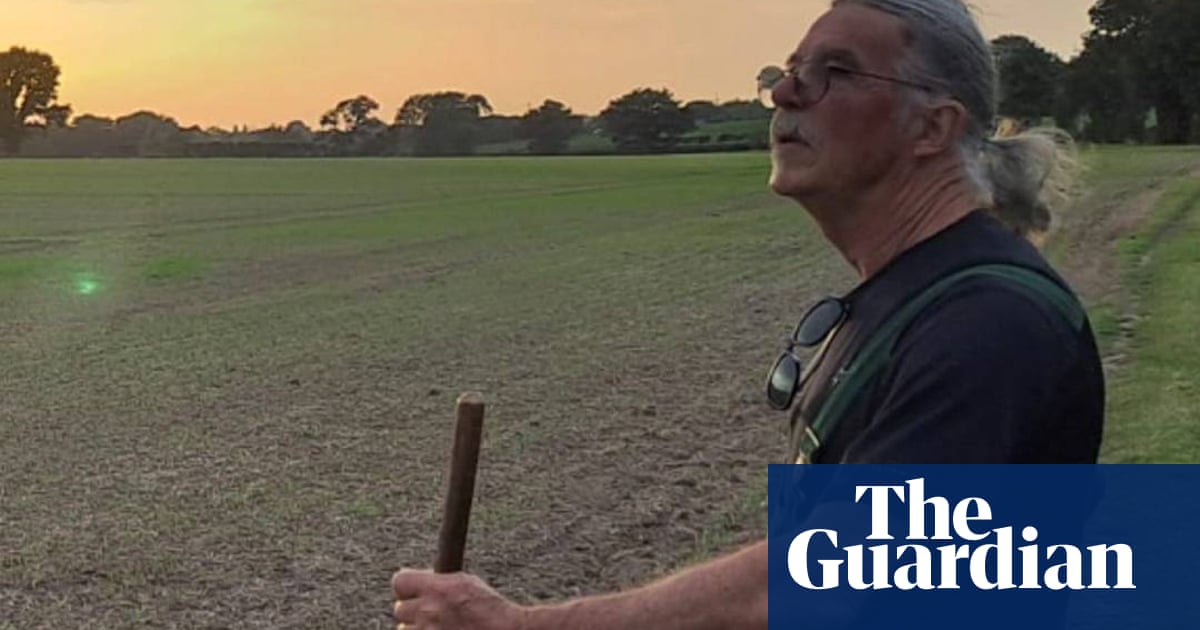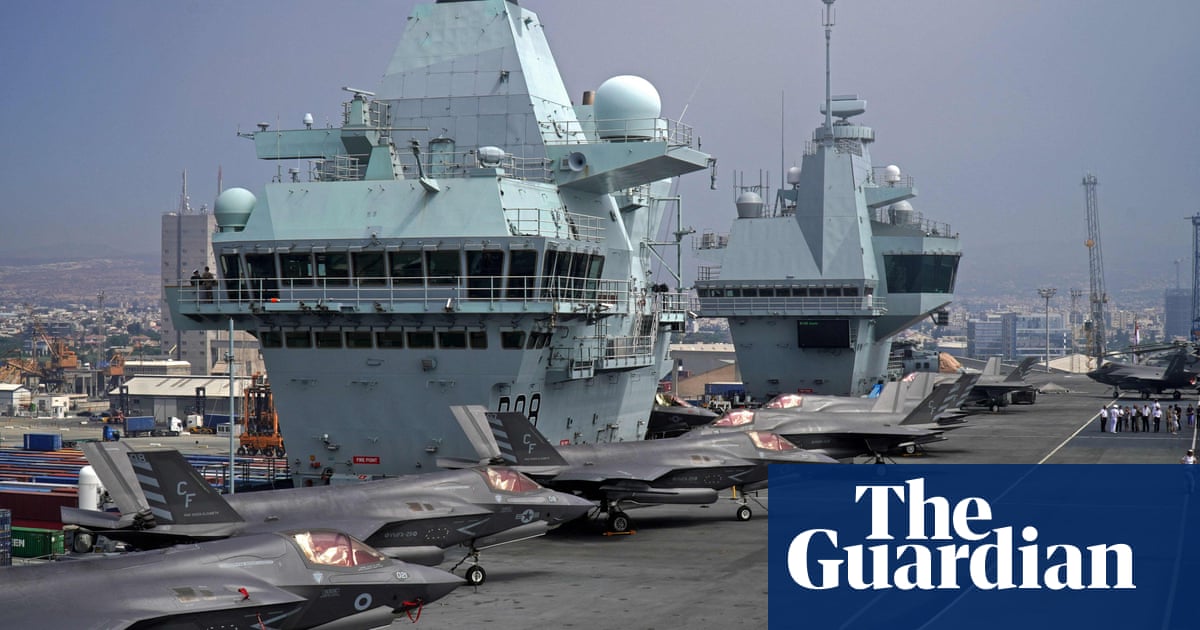
After more than three months stranded in the Mediterranean, the surviving bulls onboard a livestock ship were humanely slaughtered by the Spanish authorities in Cartagena on Sunday. An official Spanish veterinary report described dire conditions onboard the Elbeik, on which 179 bulls had already died.
The Elbeik and a second livestock ship, the Karim Allah, had been refused entry to multiple countries on health grounds. We look back on the events that shaped this “hellish ride”.
18 December 2020
Two livestock ships, the Karim Allah and the Elbeik, leave Spain bound for Turkey loaded with young Spanish bulls. The Karim Allah departs from the port of Cartagena carrying almost 900 animals and the Elbeik leaves from Tarragona with nearly 1,800.
27-29 December
The Karim Allah arrives in Turkey on 27 December and the Elbeik on 29 December. Both ships are refused entry due to fears the bulls may be infected with a bovine disease called bluetongue. The shippers blame a mistake on health certificates issued by Spain’s agriculture ministry; the ministry denies this. On 1 January, the Karim Allah leaves the Turkish port of İskenderun and the Elbeik leaves from another Turkish port, Derince.
6 January
The Karim Allah arrives in the Libyan port of Tripoli on 6 January and departs again on 9 January with all the bulls on board, after being refused permission to unload.
9 January
The Elbeik arrives in Tripoli on 9 January and leaves again on 25 January, after also being refused permission to unload. The ship’s next port of call is Alexandria, Egypt, arriving on 1 February and leaving on 4 February.
27 January
The Karim Allah reaches the Italian port of Augusta, Sicily, and leaves again on 29 January.
19 February
The Karim Allah arrives in Sardinian waters near the port of Cagliari. On the same day, the Elbeik anchors off the coast of northern Cyprus, near the port of Famagusta. Animal welfare organisations call for vets to visit the ships. Cypriot vets are placed on standby to check the animals but neither ship approaches or requests veterinary assistance.
22 February
The Karim Allah returns to waters near Cartagena, Spain, but does not enter. The shippers plan to have the cattle’s blood tested and, if the animals are cleared of any disease risk, to re-export them. The shipper says the Spanish agriculture ministry has said the animals “face immediate slaughter” if the ship docks.
25 February
The Spanish agriculture ministry’s deadline for the Karim Allah to slaughter its cattle expires. A legal tussle ensues as the shippers try to block an official Spanish slaughter order.
26 February
An official Spanish vet report dated 26 February finds 22 of the Karim Allah bulls died at sea, with two corpses still on board. The report notes that other corpses were chopped up and thrown overboard during the journey. It concludes that the animals suffered from the lengthy journey, were generally unwell and not fit for transport outside the EU, nor should they be allowed into the EU for disease-control reasons. Euthanasia would be the best solution, it says. The report does not say if the cattle have bluetongue, but it notes a range of other skin, eye and leg conditions including alopecia, flaking, scabs and joint inflammation compatible with septic arthritis.
6 March
The legal tussle ends and the slaughter of the Karim Allah bulls by Spanish officials begins on 6 March. By 9 March, all the Karim Allah bulls are dead.
18 March
Under orders from Spanish officials, the Elbeik finally returns to port in Cartagena three months after it left Spain, following stops near Cyprus, in Greece, to stock up on supplies, and off the coast of Menorca.
19 March
Spanish veterinary officials complete and sign a report describing dire welfare conditions onboard the Elbeik. The report cites the Elbeik’s captain as saying that, of the 1,789 bulls originally loaded, 179 died during the journey. The bodies were chopped up and thrown overboard. Ten other carcasses were also found on board, the report says, and of the remaining animals, some are dying, while others are starving and extremely dehydrated. In some pens, it notes, “the crew had placed fodder in the corral in a way that the starving animals were forced to eat on the corpses of their companions”. The urine and manure buildup covers the animals’ hooves, it says, leaving them without dry areas to lie down.
22 March
A separate veterinary inspection, conducted on behalf of the Elbeik cattle owners, found that only 136 of the bulls required immediate euthanasia. The rest, it said, could recover after a period of rest and adequate feeding if cleared of the risk of bluetongue or other diseases.
28 March
The last of 1,610 surviving bulls from the Elbeik are slaughtered in the port of Cartagena. Spain’s agriculture ministry says it has forwarded the veterinary report to the public prosecutor on the basis that “the facts described therein could constitute indications of a possible offence in relation to the current legislation on animal welfare”. The cattle owner, who does not wish to be named, has disputed the findings of the report.
Arrival and departure times for the Elbeik and the Karim Allah were supplied by Marine Traffic.












